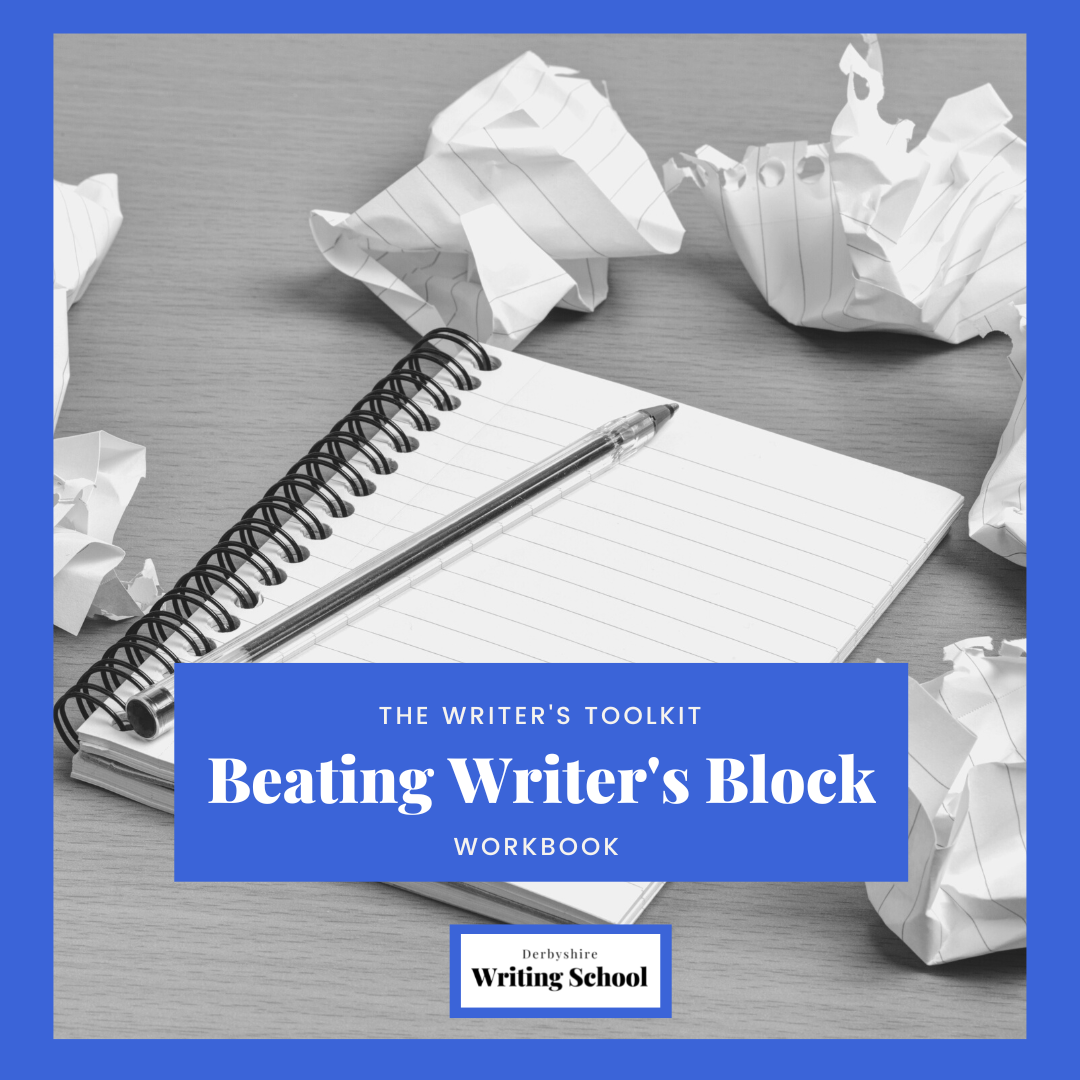How To Write When You Don’t Feel Like It
We all love the days when our fingers are on fire, and the words are prolific. The days when we feel like we could write forever. When we know just what we want to type we reach a state of flow. Those are the days we live for as writers. Nothing else matters as it feels like there is a direct route from our heart and head and it transitions straight to our fingertips.
Those are the days.
But we can’t have those days every day. We can’t set the world on fire every day, and more often than not when our alarm goes off, when our writing time is here, we just won’t feel like it. Even though we have the intention to write, it can be hard to feel motivated. It can be hard to put pen to paper, or finger to keys.
So, what do we do on those days?
How do we make ourselves write because we know deep down, we want to write, but we just don’t feel like it?
Why Do You Want To Write?
It’s important to notice and explore why you don’t want to write. Check in with yourself. How do you feel? Are you tired, lazy, bored? Burnout, emotional? Exhausted? Are you okay to write or do you need some time to look after yourself? Try to be honest. Are you worried about something or are you procrastinating?
You can check in and ask yourself these questions or you can write about them. It’s important to listen to the answer and respond appropriately. Sometimes rest can be good. There will be days when it might be better to recharge and come back to writing. Other times, it’s worth pushing through.
Why You Should Write Even When You Don’t Feel Like It
There will be days when you will need to power on, to keep writing even though you don’t feel like it and just show up. Steven Pressfield believed it’s in these moments where the work happens. When we show up day after day. You can read more about this in his book, Turning Pro. Turning up to write is our practice, as Seth Godin talks about, this is the battleground where we develop our craft and become the writer we’ve always wanted to be, by showing up, even when we don’t feel like it. This is how we can develop a killer writing habit.
Tools To Help You Show Up
Once you’ve decided it’s a day to power through, there are a few things you can do to help you:
1. Start small
Both with your word count targets and the amount of time you write. So often we think a writing day means hours and hours sitting at the desk and we talk ourselves out of writing before we start. But setting a timer for 10 minutes can be all it takes to get your words out onto the page.
Try setting small time targets for your writing, you can always build them up. This is the same for word counts. Why not try for just 100 words on days when you don’t feel like writing? It will be such a huge achievement, especially because you didn’t feel like doing it, and these small amounts add up.
The Pomodoro Technique is a great tool for days when you don’t feel like writing. You can set a timer for twenty-five minutes and don’t stop until it goes off, then you have a five-minute break and start again. You continue this pattern for a few cycles before having a longer break.
2. Know where you are going
There’s an old phrase that states: if you don’t know where you’re going, any road will take you there.
Sometimes with our writing, it is great to not know where we’re going. To be surprised and to let the story tell itself or see where our characters take us. But when we don’t feel like writing, not knowing what to say, or where we are going can be another reason to not write.
So, making a plan and knowing which topics, scenes or characters you are going to write about can really help. You could make a list in advance or use a writing prompt to get you started. It just means you’ve always got something ready to write about.
3. Have fun
When we force ourselves to write, sometimes we take the fun out of it. We diminish our joy. On days when you don’t feel like writing, why not write for fun? You could have a story jar and fill it with memories or story ideas that you’ve always wanted to write but not got around to. Then you can use it as a lucky dip and pick one to write about.
Or why not look through old pictures and pull one out at random to write about? This can also be a great technique for developing your creativity, imagination, and your ability to write.
4. Work with a friend
Writing with others is a great way to keep ourselves accountable. You don’t even have to meet up in person, you could write over Zoom or Skype. But setting a time and agreeing on a date to write can help keep you accountable, as you don’t want to let your friend down. You could set a target and goal at the start of your meet-up, then write, and have a few breaks to talk. At the end of your time together, you could review what you’ve done against your goals. Writing doesn’t always have to be completed alone.
5. Finally, treat your writing like work
Make a commitment that you can’t break, like showing up for work. So often we break the promises we make to ourselves. Don’t keep breaking your writing promises, it teaches you it’s okay to put other things before your writing. It teaches you to stop trusting in the promises you make to yourself, and it reinforces the thought that your writing isn’t important, which simply isn’t true.
Writing should be fun and enjoyable, but sometimes to get our projects finished we need to just show up and put the work in. These five tips will help you power through on days when it feels hard.
Struggling with the blank page?
As much as we love writing, we also know how difficult it can be. Sometimes the ideas won’t come. Maybe you don’t know where to start, or maybe you just don’t have the motivation to write. These things can be common frustrations and part of the writing life, but they don’t have to be.
Our Beating Writer’s Block Workbook will help you:
✅ Identify what writer’s block is and the forms it can take.
✅ Explore what writer’s block could look like for you.
✅ Help you combat writer’s block by offering you some techniques and strategies to overcome it.
✅ Be prepared when writer’s block strikes.
✅ Learn how to avoid panic or worry when you feel stuck.
✅ Become more confident in your writing process.
Plus, it’s packed with writing prompts!












